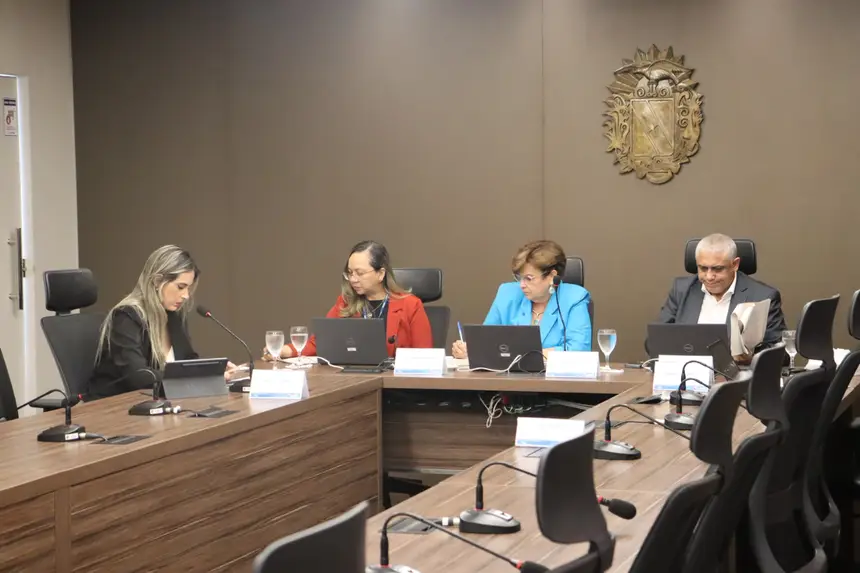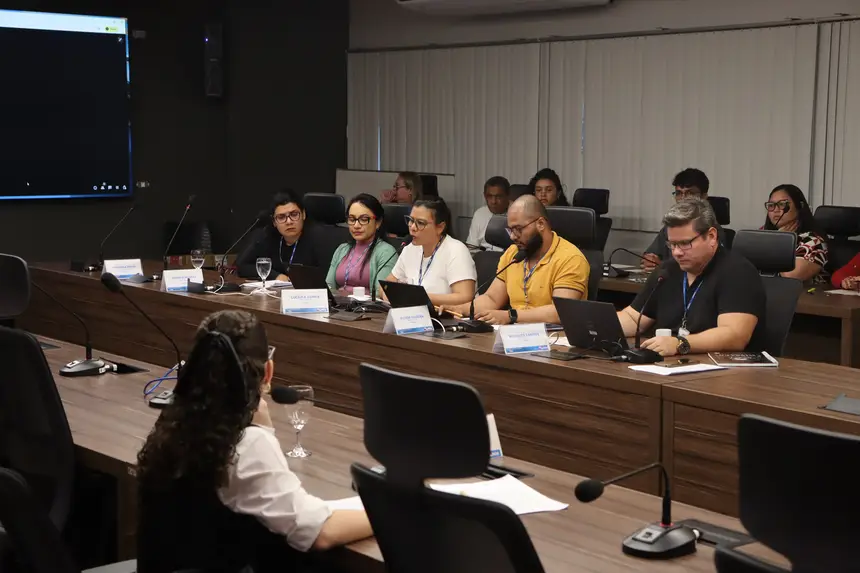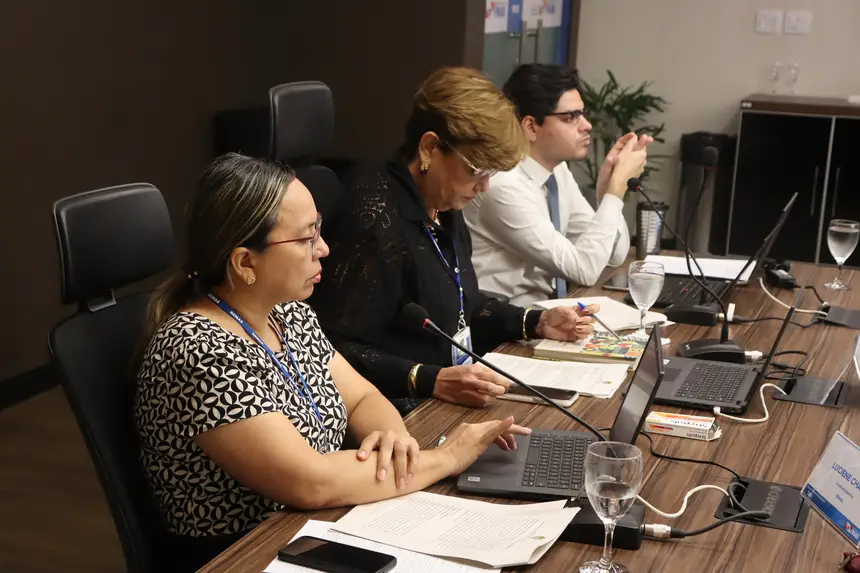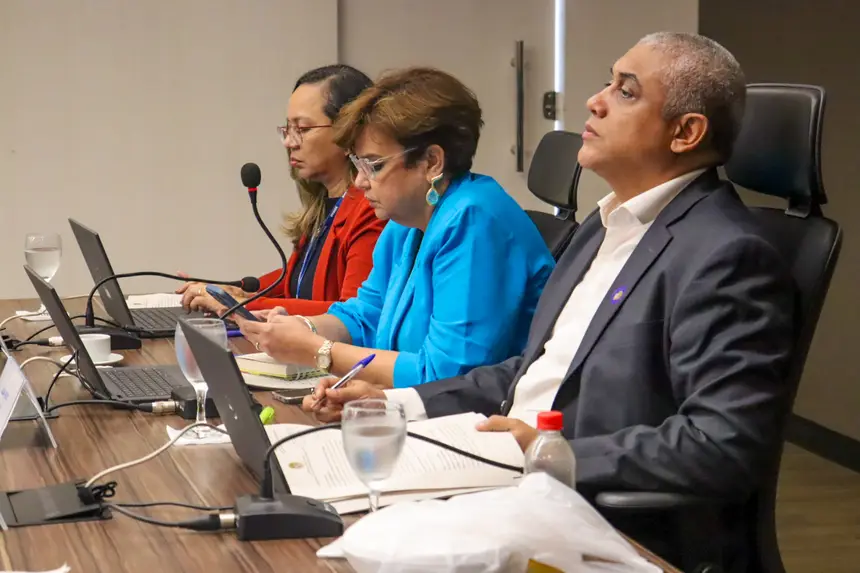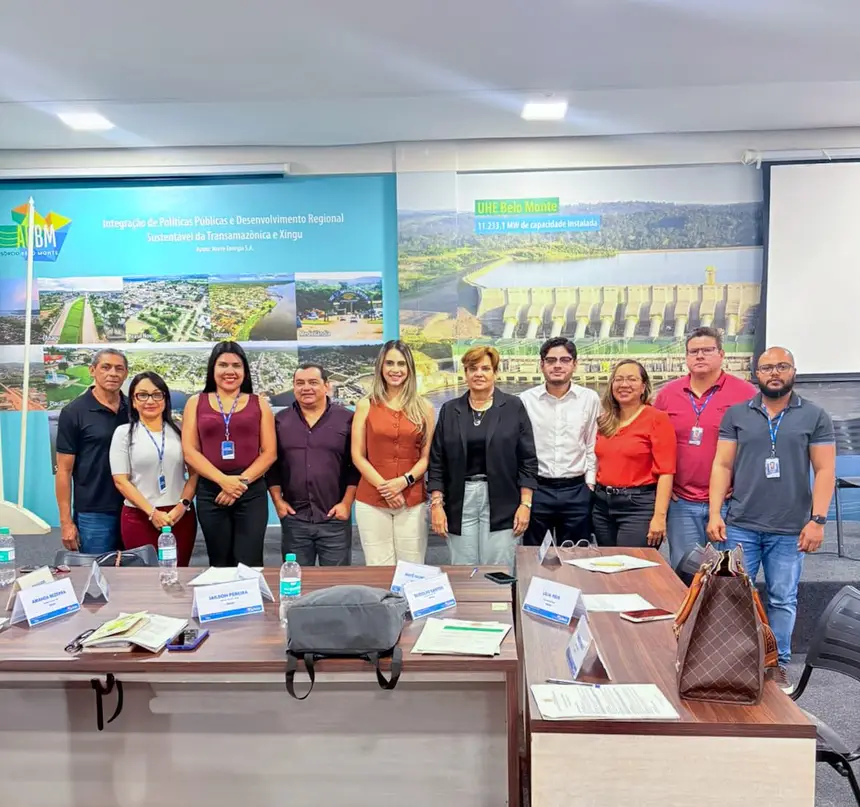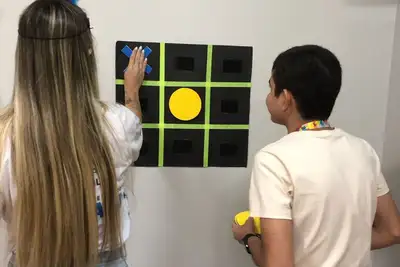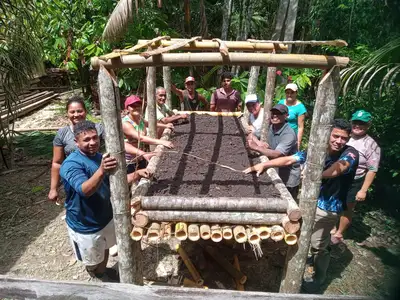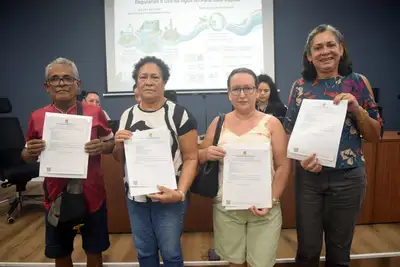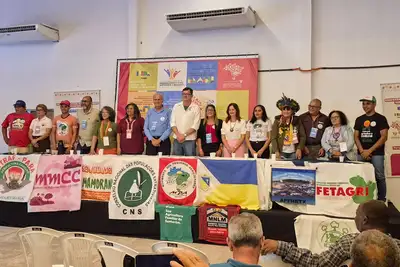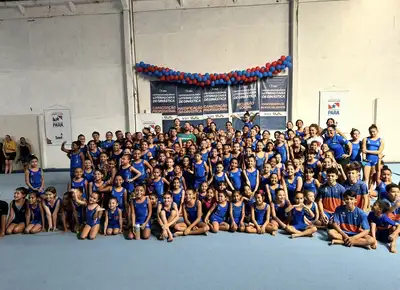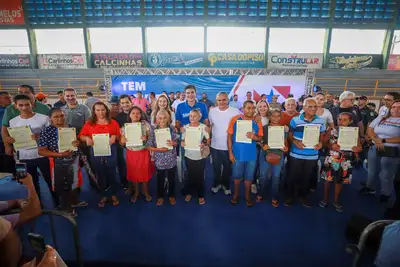Environmental Resources Court judged nearly 400 cases in the first half of 2025
Focusing on expediting environmental judgments, the TRA analyzed more than double the number of cases registered in the same period in 2024
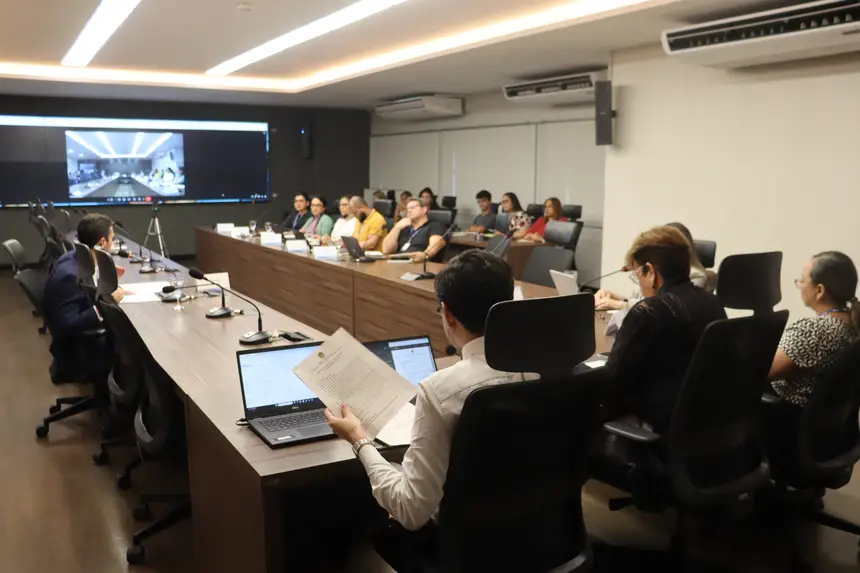
The Administrative Court of Environmental Resources (TRA), from the State Secretariat for the Environment, Climate and Sustainability (Semas), judged 394 environmental cases in the first six months of 2025, continuing its goal of ensuring greater procedural speed, technical grounding, and encouragement of environmental regularization. This number represents more than double that recorded in the same period in 2024, when 141 cases were analyzed.
The judgment sessions are held in the plenary at the Semas headquarters in Belém, and in some municipalities of the State such as Altamira, Paragominas, Santarém, and Marabá, cities that hosted hearings in the first half of 2025. The reach of action in these territories ensures greater proximity to those involved in the process.
Among the cases judged are infractions related to deforestation, pollution, illegal transportation of wood, environmental licensing violations, water use permits, and crimes against wildlife.
The increase in the number of judgments is a result of the intensification of the ordinary and special meetings of the court, which have presented an average of 25 to 35 cases per hearing. In March, for example, three sessions were held, totaling about 107 cases analyzed.
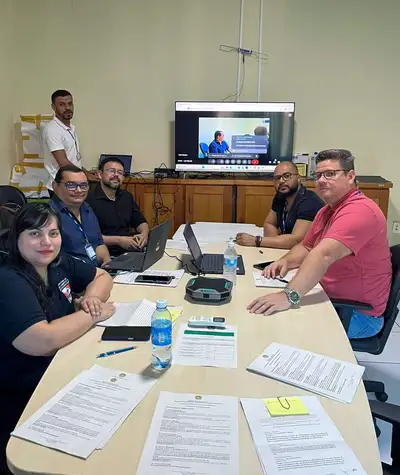
"The TRA is a strategic measure to promote speed and efficiency in the procedural flow, which has been successful, as it ensures justice and transparency in the environmental issues addressed in the court. We are making progress, both in the greater volume of judgments and in the quality of the technical discussions of the team, which focus primarily on legal security and the rationality of decisions. The expectation is to maintain in the second half an average of 25 to 35 cases judged per session, so that we can achieve even more significant numbers," highlighted Marcelo Moreno, the director of Environmental Licensing at Semas.
Another highlight is the encouragement of environmental conciliation through the realization of mutirões aimed at resolving conflicts and negotiating simple environmental fines, promoting regularization and damage repair. At the beginning of this year, the State Governor, Helder Barbalho, delivered the Environmental Training and Formation Center of Semas, a modern space aimed at training state employees, equipped with resources for environmental conciliation.
“Environmental conciliation is a relevant effort to promote the regularization of pending issues and ensure that environmental infractions are addressed efficiently and justly. We seek to offer a quick and decentralized solution, contributing to the preservation and recovery of the environment,” emphasizes Lília Reis, deputy secretary of Administrative Management and Technologies at Semas.
Created by Law No. 9.575/2022, the TRA operates in the second and final instance in judging administrative appeals filed against first-instance decisions. Among its main responsibilities are deliberating on these decisions, judging requests for conversion of simple fines, deciding on precautionary measures, and promoting environmental conciliation.
The creation of the TRA aimed to decentralize the demands of the State Environmental Council (Coema), removing from its agenda the judgments related to harmful conduct to the environment. The court also has the authority to decide on the maintenance of simple fines, reduction of penalties, return of cases for diligence by the Monitoring and Strategic Planning Committee for Inspection (CFISC), as well as annulment of infraction notices and application of warnings.
Text: Mário Gouveia/ Ascom Semas


